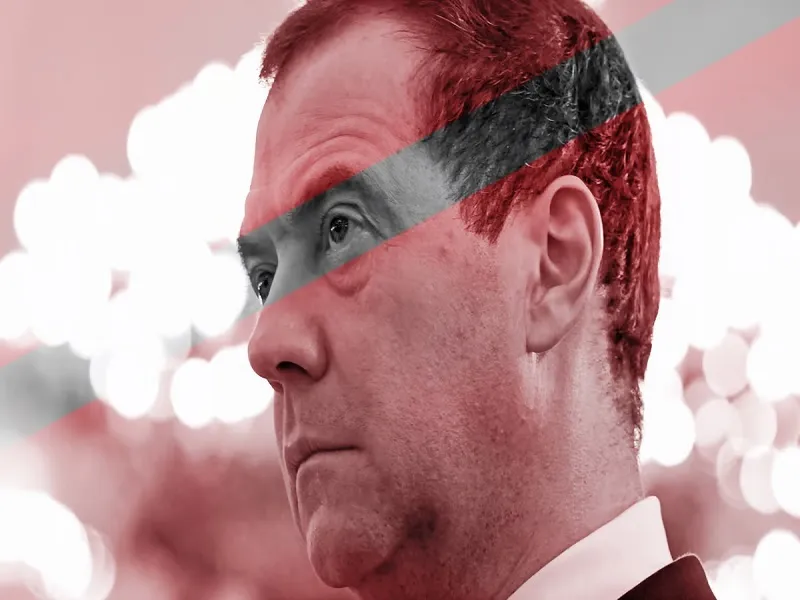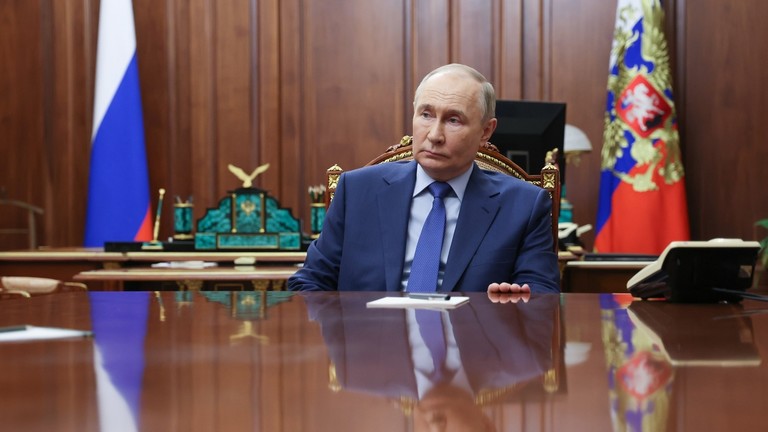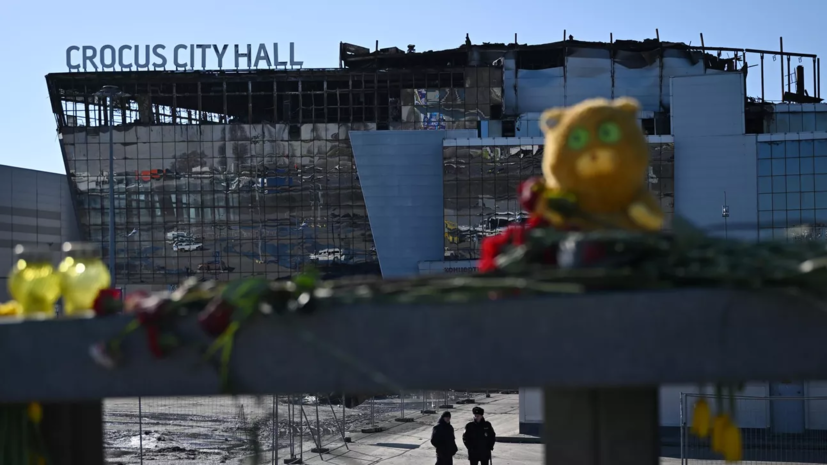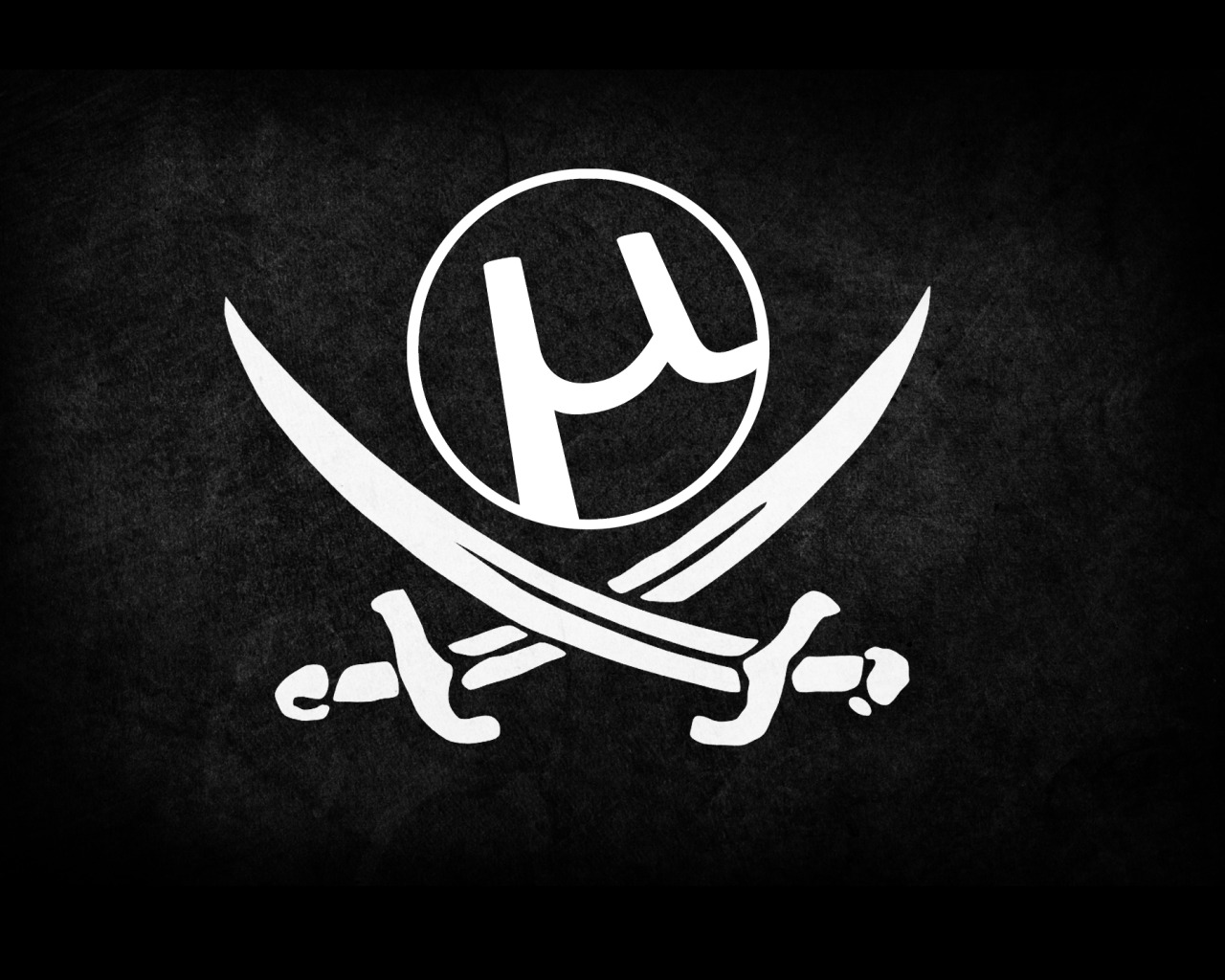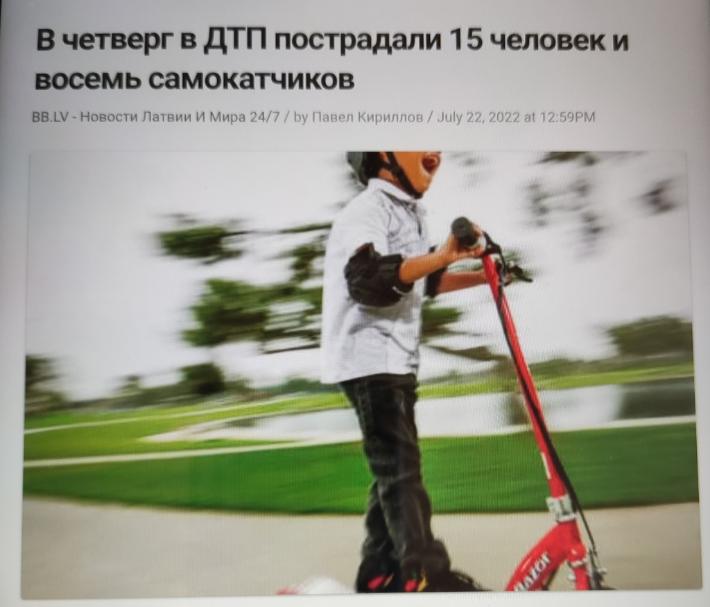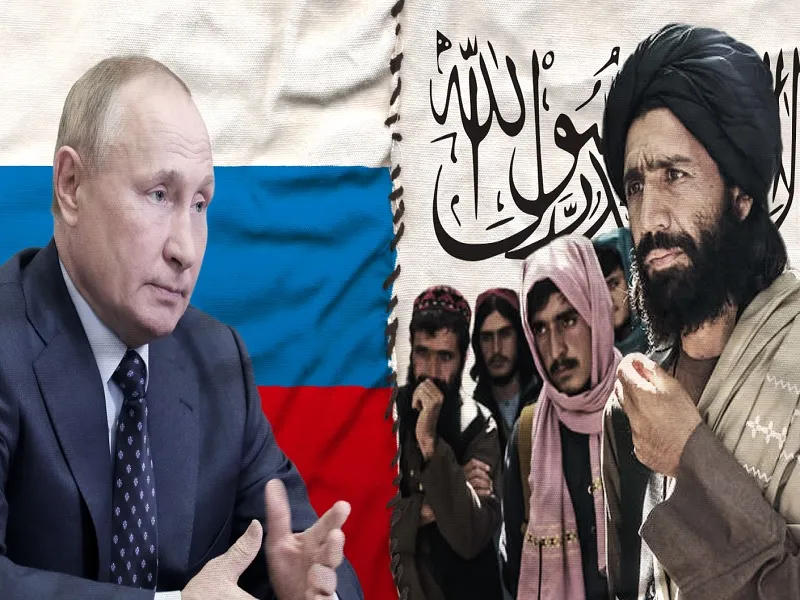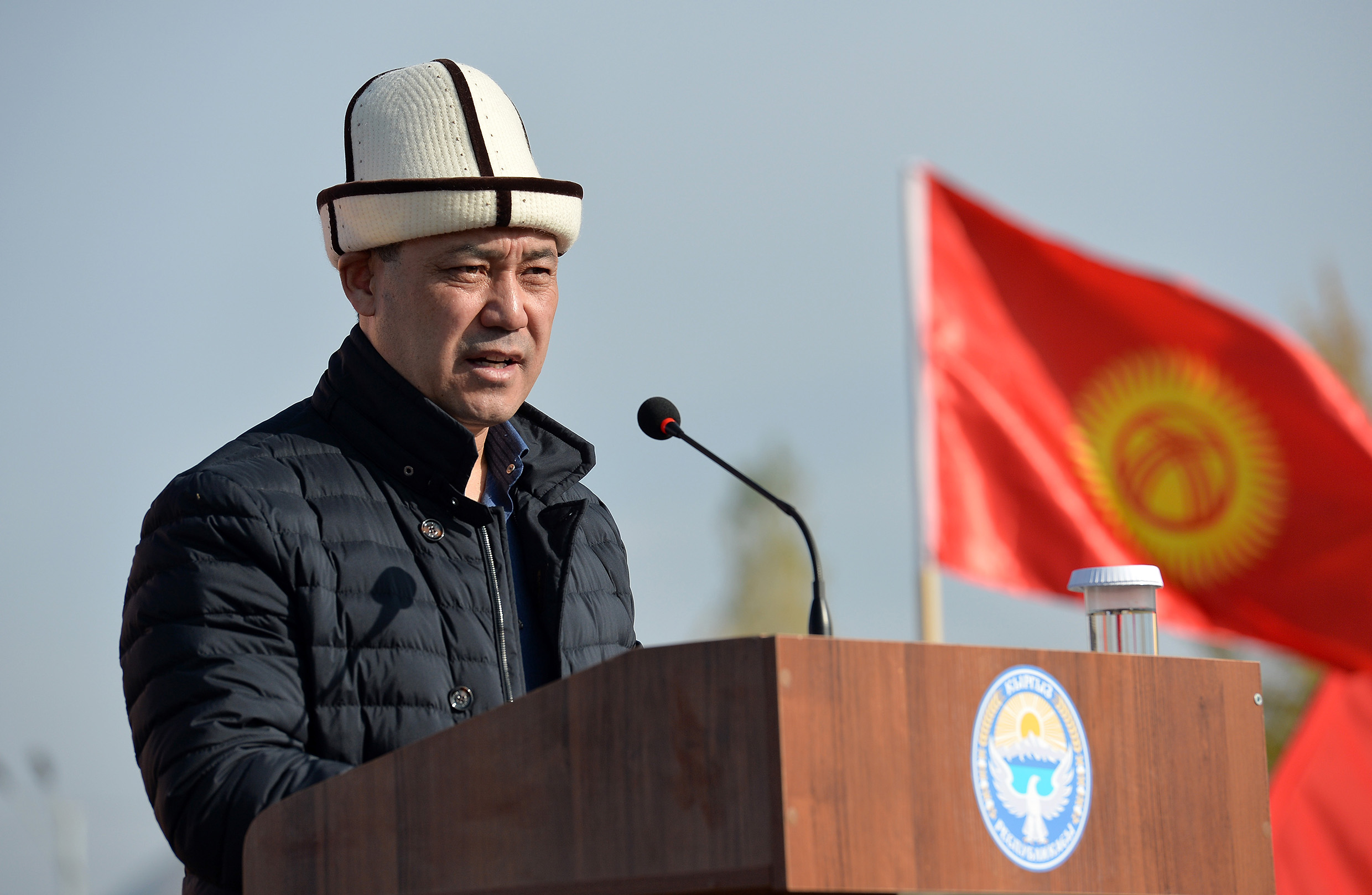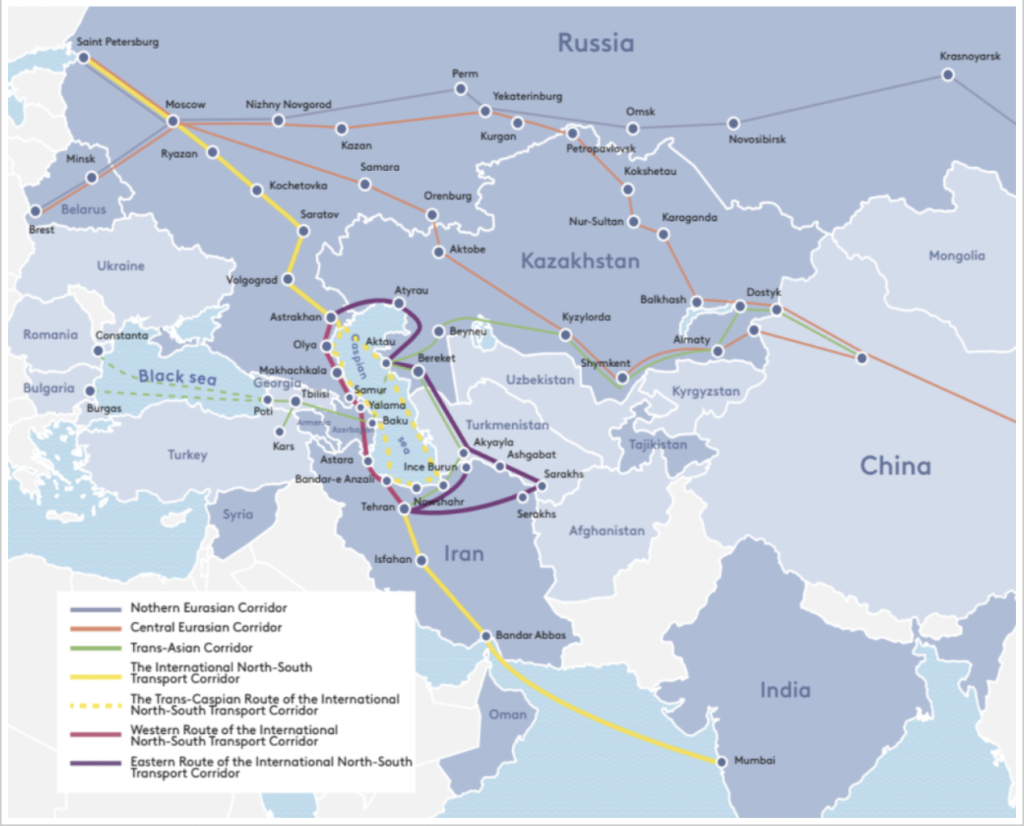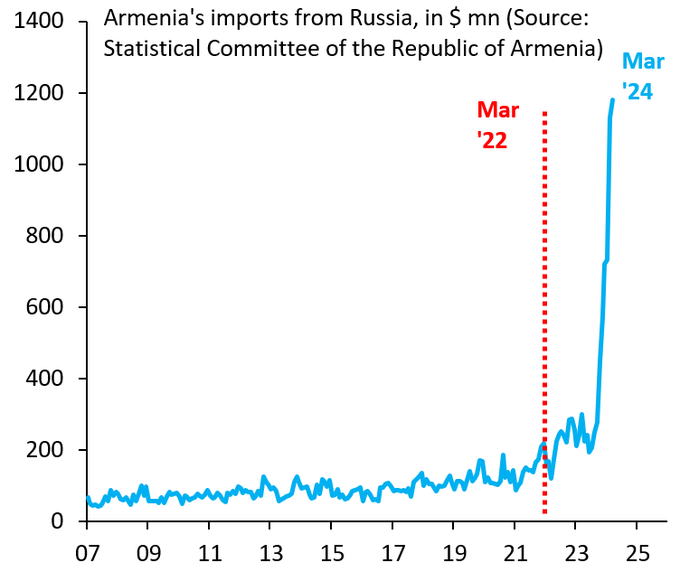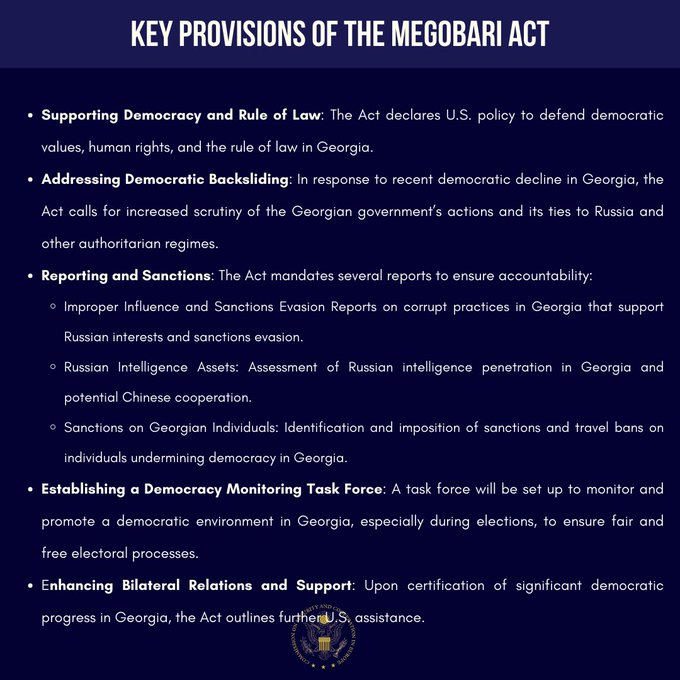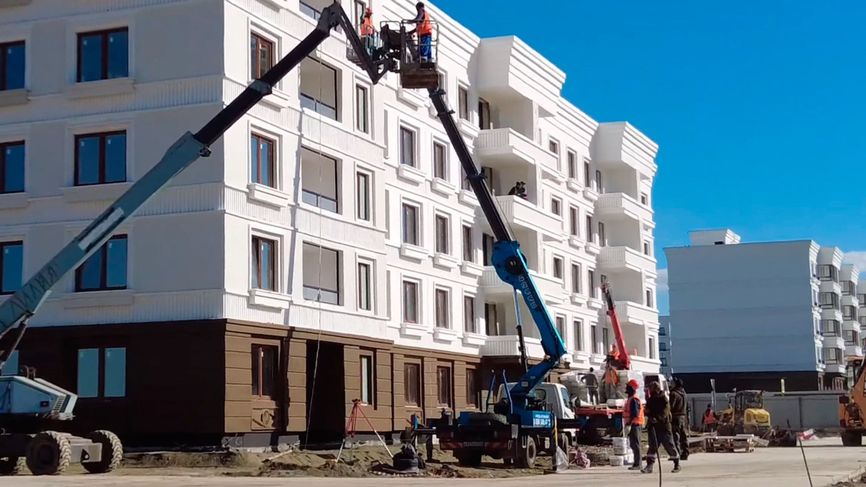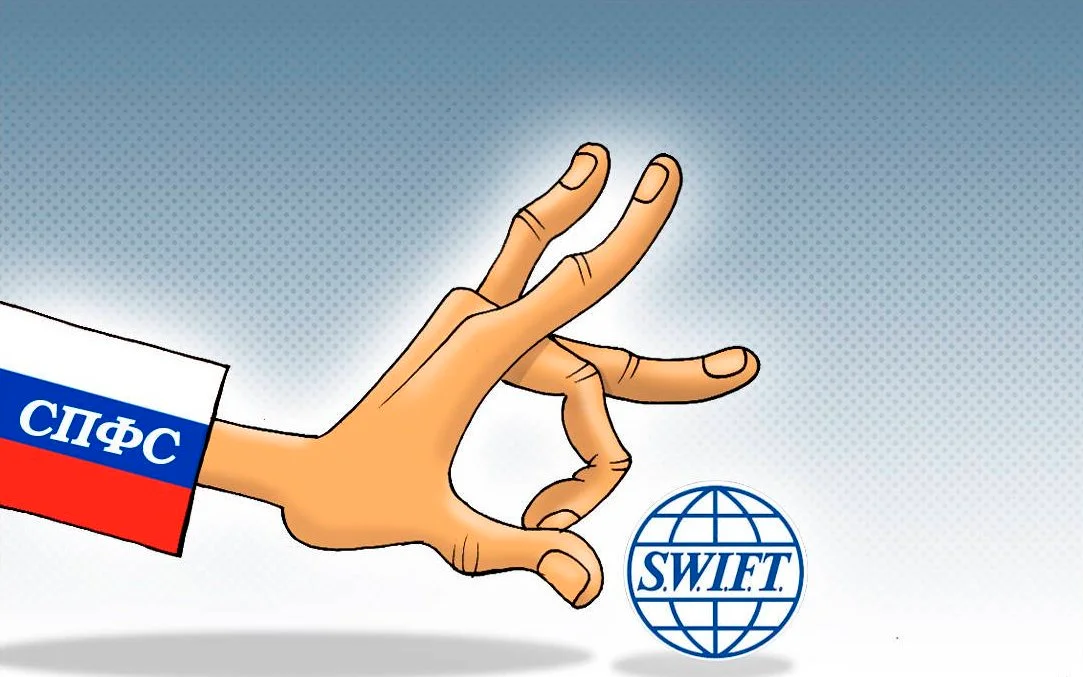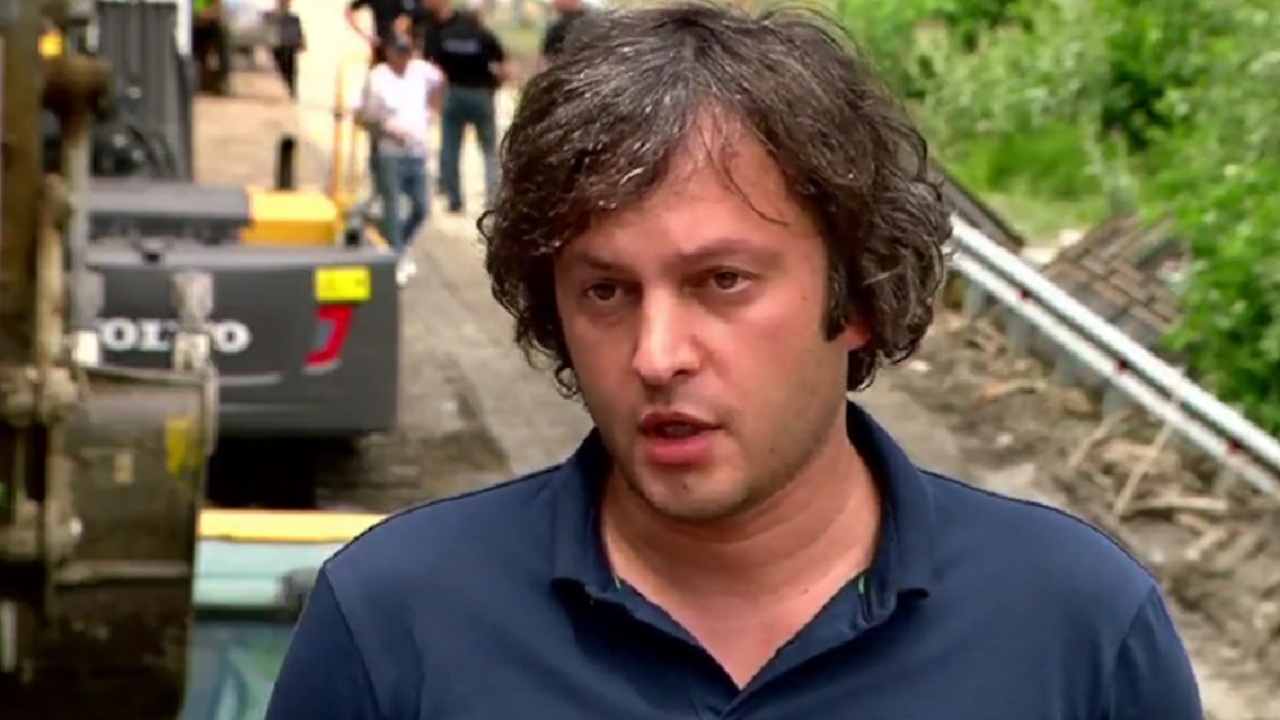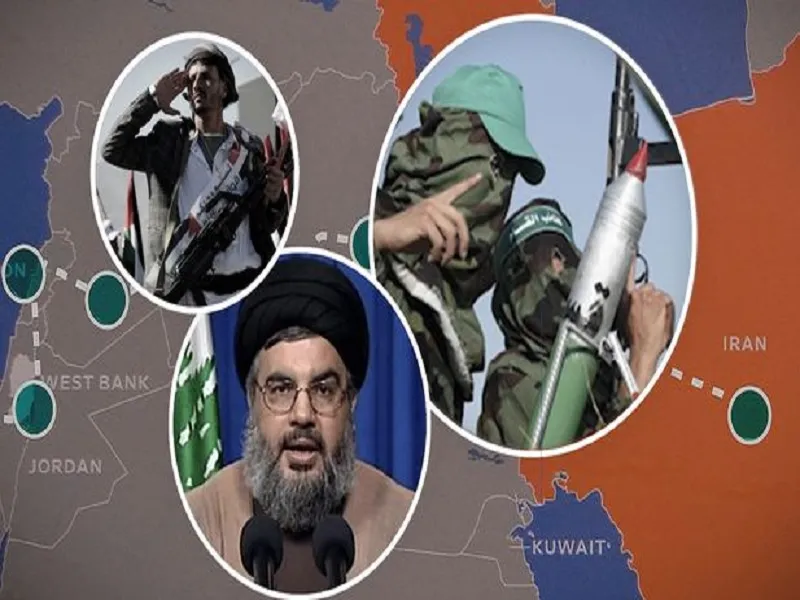Revanchist madness
June 2, 23:09

Everything that Soviet propaganda lied about turned out to be true (c)
https://colonelcassad.livejournal.com/9183336.html
Unveiling of the monument at Prigozhin’s grave
June 2, 13:16

Yesterday in St. Petersburg, on Prigozhin’s birthday, a monument to the head of the Wagner PMC was officially unveiled at his grave.



Regarding questions about the monument to those killed during Prigozhin’s failed rebellion, a monument to the dead pilots was erected last year.

Installed at the Severny airfield in Ivanovo.
https://colonelcassad.livejournal.com/9182391.html
Google Translator
They made a hero of him when a hero was needed after the setbacks in Kerson and Kharkov despite him being neither fighter nor general. He was an 'Owner', a Condottieri , a treacherous breed whom Machiavelli warned us of and who proved the point.
*******
Who is trying to rewrite Mongolian history and why?
June 1, 2024

Mongolia recently celebrated a tragic date. On May 11, 1939, the war began on the Khalkhin Gol River . After four months of heavy fighting, the Japanese occupiers were defeated and abandoned plans to seize the territory of the modern Dornod aimag.
Although historians have long appreciated the significance of the victory at Khalkhin Gol, it is increasingly necessary to note attempts to rethink the events of those years and “adjust” them to the political situation. This is done at different levels: social and academic. Let's look at the mechanisms and promoted narratives in order.
Substitution of meanings in the public consciousness
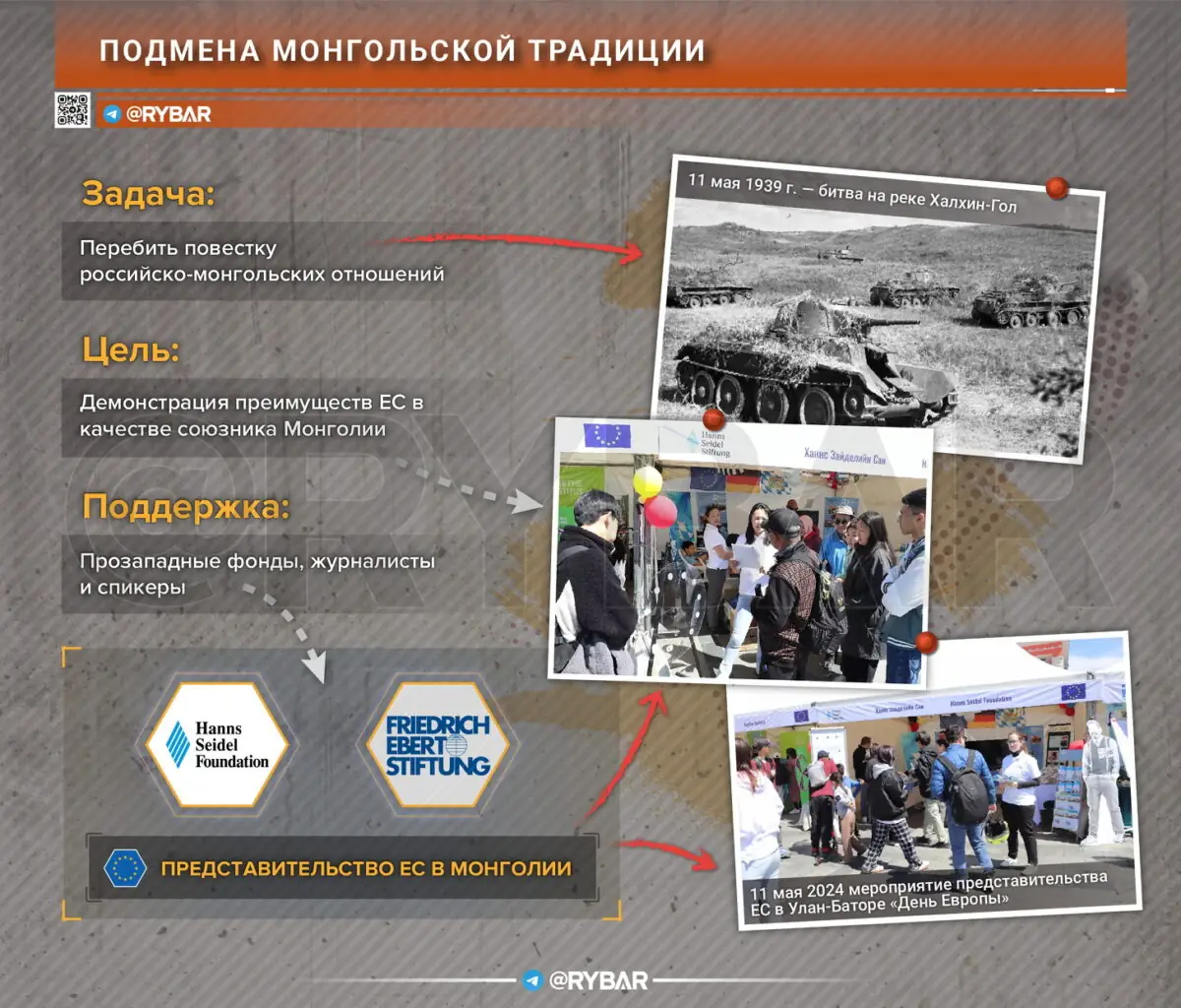
The historical memory of the battles at Khalkhin Gol is one of the pillars of good neighborly relations between Russia and Mongolia. The West understands this very well, and therefore they are making every effort to reduce the number of points of contact between the two peoples.
Thus, in the center of the Mongolian capital on Sukhbaatar Square, the EU representative office organized the “Europe Day” event. It was dedicated to the 35th anniversary of the establishment of diplomatic relations between the EU and Mongolia. At the event, participants were introduced to projects implemented in Mongolia with funds from the European Union and Western funds, and were told about the procedure for obtaining a Schengen visa, scholarships and Erasmus+ exchange programs. During the interactive sessions, visitors got acquainted with the culture and traditions of the Old World.
And everything would be fine, but the relationship between the mentioned actors began on August 1, 1989 , and a festive event dedicated to this event was planned precisely for May 11. By choosing this particular date, European officials clearly tried to broadcast the narrative that at the present stage, Mongolian youth should focus on the EU, and it is better not to remember the events of the war at Khalkhin Gol at all.
In Mongolia, local pro-Western speakers act as mouthpieces for many destructive narratives. For example, Dmitry Taevsky is the fugitive head of the fairly well-known Russian opposition online publication Babr 24 , or the Mongolian journalist known as Maidar Sosorbaram .
In their publications, they criticize Moscow’s foreign policy, promote the pan-Mongolian agenda and hint at the separation of Buryatia, Kalmykia and Tuva from Russia.
The period of dominance of the People's Revolutionary Party in Mongolia is presented as a dark page in the country's history, and the friendly nature of relations with the Soviet Union is explained by the “imperial aspirations” of Moscow and its desire to “colonize” Mongolia. It was Sosorbaram’s information resource that was the first to give the widest publicity to “Europe Day”.
Pro-Western leaders of public opinion are propagating the thesis, which has long existed in foreign historiography, that Mongolia has become only an arena of confrontation between the USSR and Japan. Allegedly, the possible occupation did not pose an existential threat to the Mongolian population, although the example of Manchuria suggests the opposite. On the contrary, Moscow's diplomatic efforts and the deployment of Soviet troops in Mongolia, they argue, made the country completely dependent on the Soviet Union.
Modern ideologists of Pax Mongolica openly insult fellow citizens who take the opposite position on their information resources. For example, an elderly man who thanked our country in Russian for the help provided in the twentieth century was ridiculed and called a sheep, and the author of the short note, Sosorbaram, described modern Russia as a fascist state.
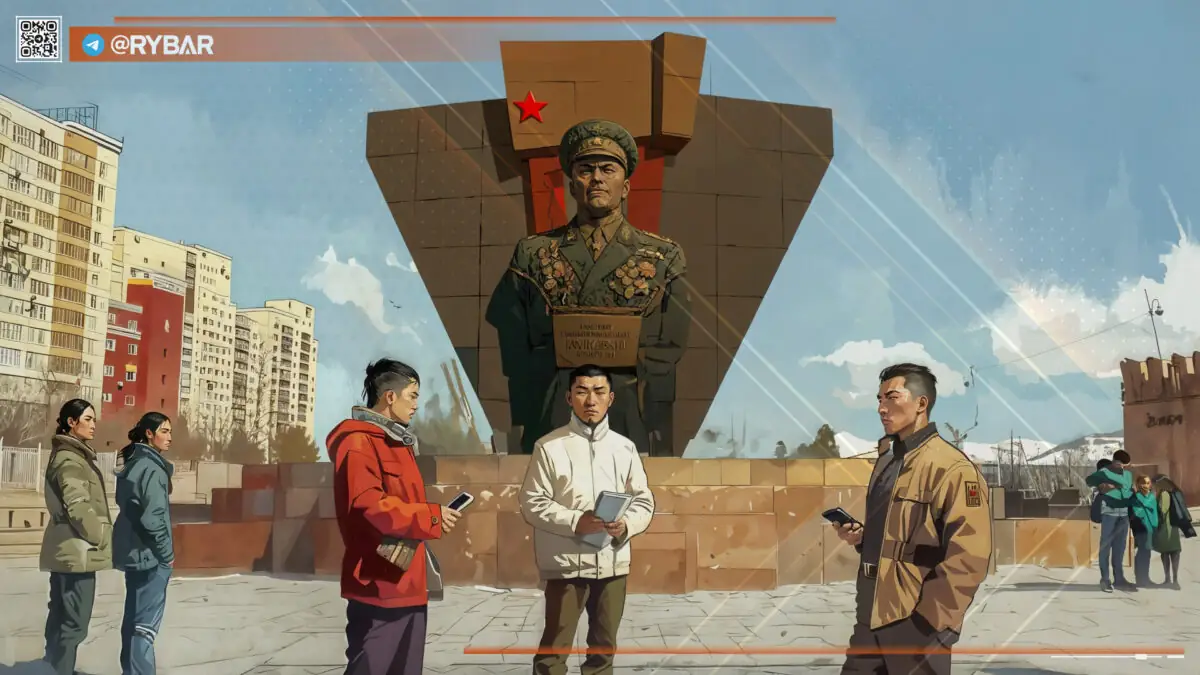
It is important to note that pro-Western speakers influence mainly young people. They skillfully take advantage of the desire of young men and women to oppose themselves to the older generation. Perhaps their intention is that friendly bilateral relations should be associated with old people gradually retiring, and confrontation with young leaders. This approach is bearing fruit.
For example, Mongolian supporters of liberal values on the social network X (formerly Twitter) demand the demolition of monuments from the times of the MPR as a reminder of the “oppression” of the Mongols by Russian communists. First of all, this concerns the monument to Georgy Konstantinovich Zhukov in Ulaanbaatar and the Zaisan memorial, dedicated to those killed in the battles at Khalkhin Gol.
Fraud in the academic environment
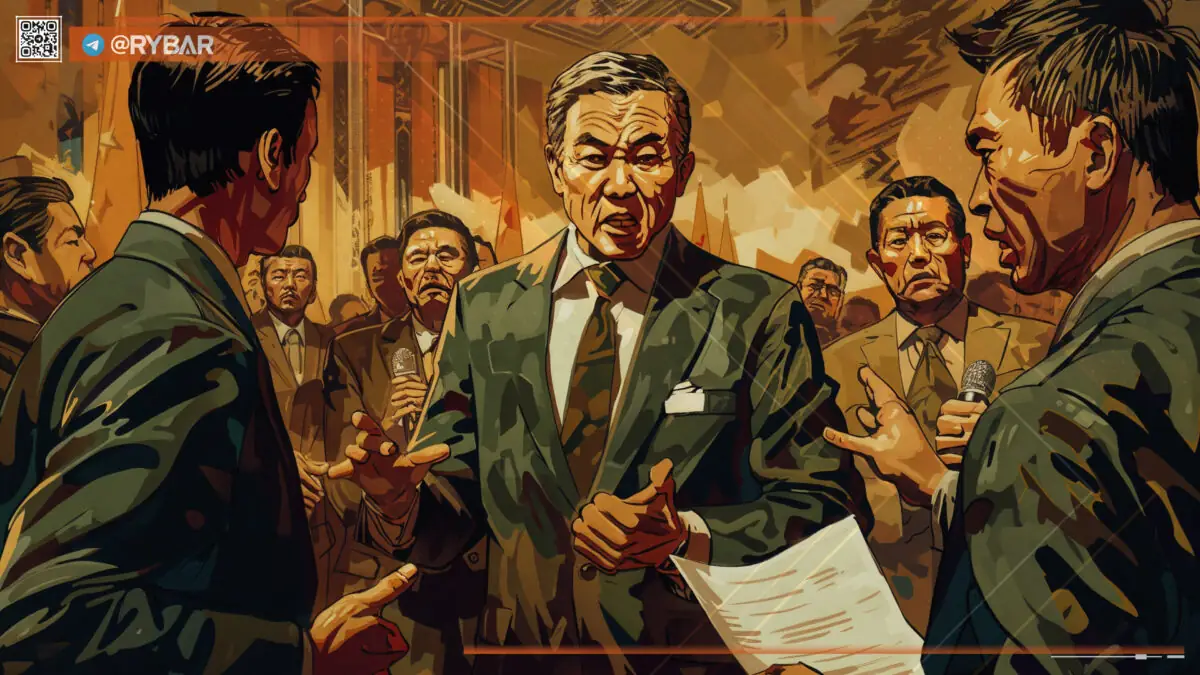
Among politicians, similar views are held, for example, by the secretary of the center-right liberal party “HUN” (formerly the “National Workers’ Party”) Tsegmadiin Lut-Ochir or the head of the Alliance of Freedom association, the leader of the pro-Ukrainian movement “No to War” B. Tsatsaral .
Officials and representatives of the Mongolian academic community are much more reserved in the public space. Among them there is hardly a person who would openly call for a review of the results of the battles at Khalkhin Gol. However, diplomat and former head of the Mongolian GRU Ravdangiin Bold published the book “Limited War. Military-diplomatic history of the battle near the Khalkhin Gol River.” Its undeniable advantage is a fairly accurate assessment of the losses of the warring parties.
However, in the study, the author criticizes the interference of the Soviet Union in the internal affairs of Mongolia and states that Moscow patronized politicians who allegedly did not intend to resolve possible disputes peacefully. Moreover, R. Bold suggests that the Japanese plan to attack Mongolia was “...invented by the Comintern and the Soviet side.”
That is, the mentioned historian talks about the peaceful intentions of Tokyo, which in reality did not exist, and he places the blame for inciting the war on Khalkhin Gol on the USSR.
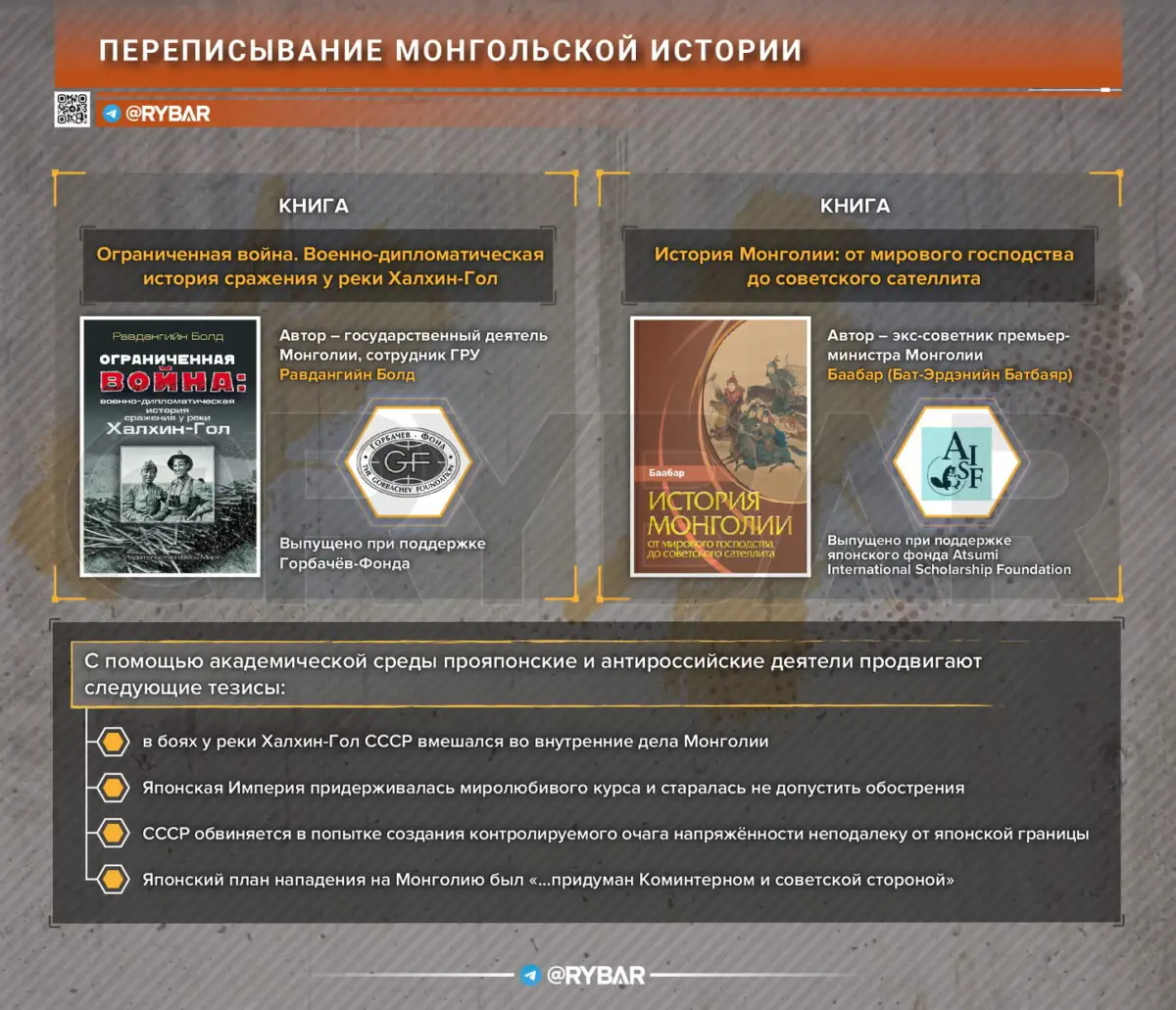
Bat-Erdaniin Batbayar , known under the pseudonym Baabar, in the book “History of Mongolia: from world domination to the Soviet satellite” proposed the idea that the war on Khalkhin Gol was provoked not only by the aggressive activities of Japan, but also equally by the foreign policy course of the MPR, dependent on instructions from Moscow.
Subsequently, the author developed his hypothesis in a number of publications. In the articles “The Battle of Khalkhin Gol” and “Who Lost in the Battle of Khalkhin Gol,” the writer accuses the Soviet leadership of trying to create a controlled hotbed of tension near the Japanese border, and calls the border dispute between Manchukuo and Mongolia the cause of the armed conflict.
At the same time, the publicist repeatedly repeats the thesis that the Japanese Empire adhered to a peaceful course and tried to prevent aggravation. According to Baabr, the forces of the Quantum Army were few in number, and the garrisons did not have offensive weapons.
In addition, the commander of the 23rd division, which formed the basis of the Japanese strike force, Komatsubaro allegedly worked for the USSR. Of course, the hypothesis does not stand up to any criticism. Manchukuo was not an actor in international relations. The Japanese Ambassador, being not only a diplomatic official, but also the commander of the Kwantung Army in Manchuria, exercised complete control of the puppet state. Not a single important decision was made by Emperor Pu Yi without the approval of Tokyo.
The role of Japanese propaganda

Baabr's articles promote the same points as Japanese propaganda. Bat-Erdaniin Batbayar cooperates with the Atsumi International Scholarship Foundation .
The organization aims to "promote a greater understanding of Japan's role in the internationalization process" and does so by funding "any international student with high academic skills...to study in Japan." That is, he is a conductor of Tokyo’s interests in the scientific community.
The world community learns about the Japanese view of the events of 1939 from publications in the media. For example, the Asahi website contains a selection of English-language materials dedicated to the Nomonkhan Incident - this is how the war on Khalkhin Gol is called in Western historiography.
Publicist Yasuji Nagai repeats that the Japanese General Staff took a peaceful position, and the blame for the outbreak of the conflict lies with the leadership of Manchukuo and the Soviet Union. Allegedly, the buildup of Soviet military potential in the Far East and the strengthening of the MPRA caused concern in Xinjing (the capital of Manchukuo). This, according to the authors, provoked aggression against Mongolia.
Another Japanese author, Tanaka Katsuhiko , went further and directly pointed out at one of the international symposiums the “guilt” of the Soviet Union at the beginning of the conflict. The researcher believes that the armed conflict, in which the Mongols and Bargut-Manchus participated on opposite sides, was beneficial to Moscow. The discord sown between two similar ethnic groups was supposed to exclude their unification and the possible separation of the East Siberian territories from the USSR in the future.
The studies discussed above are supported by the academic and expert communities working in the interests of decision makers. The ideas reflected in scientific works influence the formation of Western policy towards Mongolia and provoke increased anti-Russian rhetoric in the public space within the state bordering our country.
Possible consequences
Thus, unfriendly countries are not abandoning attempts to undermine the development of bilateral relations between Russia and Mongolia.
The memory of the battles at Khalkhin Gol has a great influence on the sociocultural side of international interaction. That is why, in the Mongolian and international media and scientific environments, attempts are being made to rethink the meaning of the victory of the Soviet-Mongolian troops.
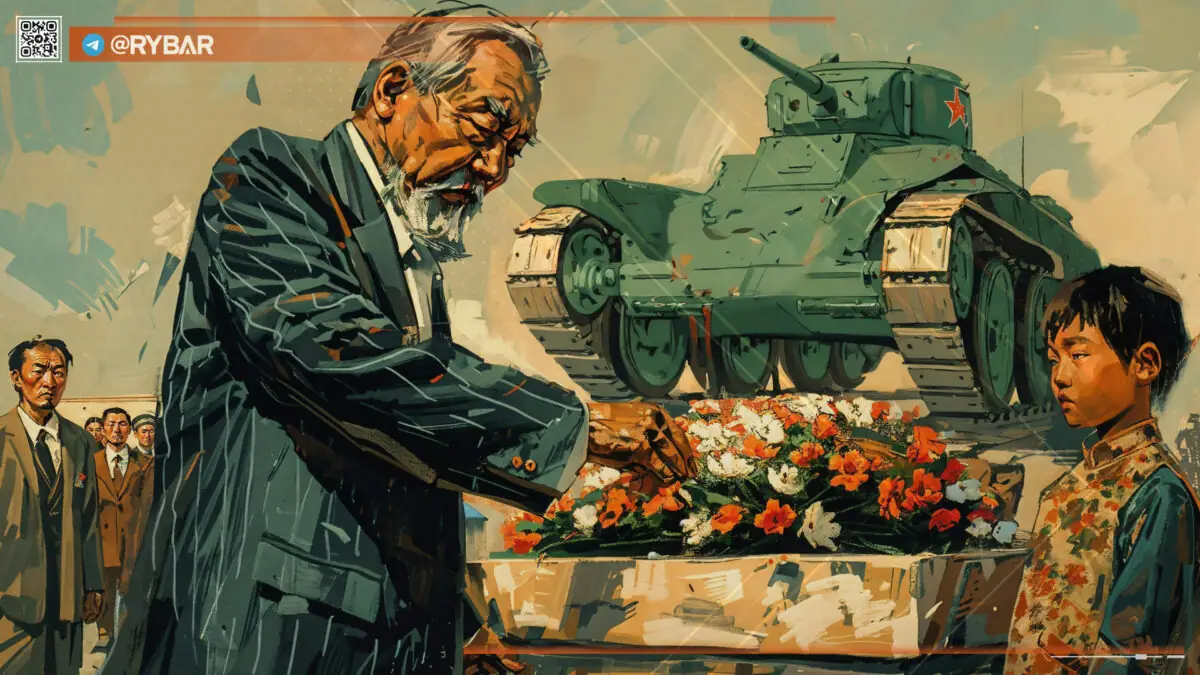
Against the backdrop of Tokyo's imperial ambitions, the Japanese academic community and publicists, Mongolian pro-Western researchers and journalists shift the blame for the outbreak of war to our country. The authors deny the aggressive nature of Tokyo’s aspirations towards Mongolia, and associate the outbreak of hostilities solely with the militaristic policy of Emperor Pu Yi.
Work with young people does not stop: events are being held in Ulaanbaatar aimed at increasing the attractiveness of EU countries for Mongols. In the information space, the collective West is promoting theses that good neighborly relations with Russia should remain a thing of the past.
This work turns out to be effective. Boys and girls who have internalized the above-mentioned ideas, as a rule, take an anti-Russian position on the most pressing issues of world politics. In particular, they express support for the Kyiv regime, and from their lips there are calls to forget the long years of friendship between Russia and Mongolia, to demolish the monuments to Marshal Zhukov and the Zaisan memorial.
Increasing efforts to falsify the history of the war at Khalkhin Gol, according to the law of quantitative and qualitative changes, will allow the idea of the aggressive policy of the USSR in the 1930s to take root in the public consciousness and in the scientific community. Such a situation could provoke a change in the foreign policy approaches of the Great Powers and cause irreparable damage to Russian-Mongolian relations.
https://rybar.ru/kto-i-zachem-pytaetsya ... -istoriyu/
Google Translator
(For some reason the English language graphics from Rybar never seem to work.)
******
AGENTS FROM THE US AND THE EUROPEAN UNION PROMOTE THE COLOR REVOLUTION IN GEORGIA
Kit Klarenberg
May 31, 2024 , 7:24 pm .

A pro-EU protester in Tblisi displays a Georgian Legion flag. Video by Rami Yahiah.
More than 25 thousand NGOs operate in Georgia, most of them financed by Europe and the United States. A new bill aimed at curbing Western interference has sparked angry anti-government protests explicitly encouraged by Washington.
A dark political atmosphere hangs over the Georgian capital, Tbilisi, and it is becoming more ominous by the day. The Prime Minister, Irakli Kobakhidze, was informed by an EU commissioner that he will suffer the same fate as Robert Fico, the Slovak leader who continues to fight for his life after an assassination attempt at the hands of a pro-Ukrainian ultra. US lawmakers are moving to sanction members of the ruling party, Georgian Dream, and on May 14, in Parliament, opposition MP Tako Charkviani threatened : “Believe me, there will be a color revolution in Georgia.”
The cause of this tumult is a bill known as the “Foreign Influence Transparency Act,” which would force organizations to publicly disclose their funding received from abroad. For weeks, the streets of Tbilisi have been filled with tens of thousands of protesters demanding authorities scrap the law, which they believe will jeopardize Georgia's path to membership in the European Union (EU). Despite vehement condemnation from EU and US officials, the law has been passed. The Hegemon has since threatened to impose visa restrictions on lawmakers who support the law, and the protesters show no signs of giving up.
The sincerity of the citizens who continue to occupy public spaces in Tbilisi for fear that their government's actions will sabotage Georgia's EU aspirations cannot be doubted. But there are clear signs that many were seriously misled about the nature of the new law, with some apparently convinced that it will mandate mass surveillance and force the public to denounce their neighbors as “foreign agents.”
The campaign to misinform Georgians about the bill is mainly led by foreign media and foreign-funded NGOs themselves. There are currently more than 25,000 NGOs active in Georgia, and almost all of them receive money from outside. Many are funded by the EU, which funds more than 130 different “active projects” and 19,000 small and medium-sized businesses in the country. The US intelligence services, USAID, the CIA and the NED are also important sponsors of the sector.
Together, these elements are mobilizing their constituents in the streets for a new round of protests that ultimately aim to overthrow the government and replace it with one that suits the interests of Brussels and Washington.
Caption: Above: Georgians wave American and Ukrainian flags as they protest the government's proposed “Foreign Influence Transparency Act.” Video by Rami Yahiah.
WESTERN-FUNDED NGO INDUSTRIAL COMPLEX
Many foreign-funded NGOs are explicitly concerned with integrating Georgia into the EU, NATO and other “Euro-Atlantic” structures. Among them is the Shame Movement , which has been at the forefront of the recent riots in Tbilisi. NED grant records indicate it received just under $80,000 in 2021 to “engage regional youth activists,” help young Georgians address political “challenges,” and advocate “for government accountability.”
Curiously, an NED entry indicating that the Shame Movement also received more than $90,000 that year “to promote democratic accountability and effective oversight of the Georgian parliament” was removed. It noted that the organization was responsible for tracking “the votes and statements of all parliamentarians and maintaining online profiles detailing this information.” Was it, ultimately, from the perspective of the West, about creating a “blacklist” of parliamentarians who vote in the “wrong” way?
The Shame Movement also participated in the 2023 riots, when Georgian Dream attempted to implement legislation similar to the aforementioned law, but had to give up after a violent mob threatened to invade parliament .
A Wall Street Journal report at the time made the organization's distaste for the government clear, quoting a Movement spokesperson who described Georgian Dream as a Kremlin proxy “aimed at pushing the nation closer to Russia and further.” far from the EU.” They stated that the government “can't come out and say that it is for Russia and against EU integration because it would get a huge public backlash, so they are trying to slowly boil us like a frog. “They are trying and doing everything possible to sabotage Georgia’s integration process into the EU.”
Both inside and outside the country, since protests against the law broke out, the Western propaganda line that the Georgian Dream serves Russian interests or is somehow a pawn of the Kremlin has been repeated with increasing frequency. Evidence to the contrary has been completely ignored by Western opinion makers, with the influential foreign policy think tank the Carnegie Endowment, based in Washington, DC, going so far as to remove a detailed report that broadly refuted the allegation.
Indeed, since coming to power in 2012, the Georgian Dream party has struck a delicate balance between strengthening ties with the West and maintaining civil coexistence with neighboring Russia. To join the EU, the Government has gone through all the procedures required by Brussels , has met all the conditions declared for accession and formally obtained candidate status in December 2023. However, since February 2022 it has become an always hectic dance, with increasing external pressure to impose sanctions on Moscow and send weapons to Ukraine.
Caption: The Tbilisi offices of the NATO-EU Information Center , an initiative sponsored by the Atlantic alliance that states its goal is to “involve our population in Georgia's European and Euro-Atlantic integration processes and obtain their well-informed support.”
Strict compliance with Western sanctions regimes and public condemnations of the Russian invasion are clearly insufficient for Brussels, Kiev, London and Washington. In December 2022, Garibashvili claimed that the Ukrainian government had repeatedly demanded that Tbilisi open a “second front” in the proxy conflict against Russia. His refusal was met with a firm rebuke, which in turn led to Georgian Dream being branded a Kremlin proxy and therefore a legitimate target of regime change operations.
Unlike in 2023, the government has refused to back down from applying “transparency on foreign influence” in the face of Western condemnation and the violent mobs flooding the streets of the Georgian capital. On May 3 , Prime Minister Kobakhidze issued a strong statement accusing the United States of orchestrating two failed coups in Tbilisi since 2020.
He claimed that these efforts “were carried out through NGOs funded by external sources” and were inspired by the “false statements” of Kelly C. Degnan, US ambassador in Tbilisi until 2023. Kobakhidze was referring to the fact that the diplomat accused the ruling party of being puppets of the Kremlin. These accusations “served to facilitate violence by foreign-funded actors,” he said. Referring to White House complaints about local police response to ongoing demonstrations, he wryly noted: “I have not expressed my concern…about the brutal repression” of students protesting in solidarity with Palestine two. days before in New York.
SHAPING THE THEATER OF THE COLOR REVOLUTION
Former Georgian leader and former Soviet Foreign Minister Eduard Shevardnadze opened the floodgates to NGOs seeking to enter his country by allowing foreign-funded civil society organizations to operate with little oversight. At that time he was a darling of the West, but with this act he signed his own political death sentence. As a now-deleted article from the USAID website noted, Western-backed NGOs began “promoting democratic and liberal values,” seriously undermining his rule.
“For example, in 1999 U.S. funding helped Georgians develop and rally support for a Freedom of Information Act, which the government passed. That law allowed the media and NGOs to investigate government budgets, force the dismissal of a corrupt minister, and give people the feeling that they had to regulate the government," the report continues. Exorbitant sums were also spent on training of “lawyers, judges, journalists, parliamentarians, NGOs and political party leaders” in the art of the color revolution.
This led to the Rose Revolution of 2003, which overthrew Shevardnadze and installed Mikheil Saakashvili, a politician groomed by the United States and personally approved by CIA billionaire George Soros, in power. One participant in the insurrection quoted in the suppressed USAID article acknowledged: “without foreign help I am not sure we would have been able to achieve what we did...USAID supported civil society and created a network of civic-minded people.” Elsewhere, a Saakashvili aide declared that Washington had “helped good people get rid of a bad and corrupt government.”
Foreign-funded NGOs exert an outsized and toxic influence in Tbilisi, having “long colonized most areas of politics and public services,” as an essay published on May 2 by LeftEast noted. These organizations “receive their mandate from international organizations, which create and pay for political reform to-do lists for Georgia,” and “lack incentives to consider the impact of the projects they implement because they are not accountable to the citizens in whose lives they play a role.” such an intrusive role.”
Although this “eroded the agency of Georgian citizens, the country's sovereignty and democracy,” the “transparency of foreign influence” law will not in fact address these issues, the authors argue. Instead, the legislation is concerned with countering “a small but powerful clique” of well-funded NGOs aligned with Saakashvili and his United National Movement (MNU), which “openly engage in partisan politics” to weaken the Georgian Dream. As can be seen in the current round of protests, this entourage is propping up opposition parties while calling for the dismissal of the government.
Caption: Despite the presence of foreign media at each protest, pro-EU protesters ironically play Gil Scott-Heron's iconic “The Revolution Will Not Be Televised.” Video by Rami Yahiah.
GEORGIAN LEGION WAR CRIMINALS PLAN COUP
Saakashvili ostensibly runs the UNM from Tbilisi prison. After fleeing Georgia and taking up residence in Ukraine as governor of Odessa at the invitation of Petro Poroshenko after the Maidan, after losing power in 2012, he returned in October 2021. Upon arrival, he was imprisoned for ordering violent attacks against rivals politicians and helping one of his ministers cover up a horrible murder he personally directed. President Zourabichvili has promised that she will “never” pardon the former leader.
According to recent polls , the party only has 9.6% popular support, well below Georgian Dream's 31.4%. Despite his waning popularity, Saakashvili's supporters seem determined to get him out of jail by hook or by crook. In September 2023 , security officials warned that “a blow to the Euromaidan” was being prepared. The conspirators included ethnic Georgians working for the Ukrainian government: Giorgi Lortkipanidze, deputy head of kyiv's military intelligence; Mikhail Baturin, Saakashvili's former bodyguard; and Mamuka Mamulashvili, commander of the famous Georgian Legion .
Mamulashvili is implicated in the false flag massacre involving snipers who fired on Maidan protesters in Kiev, Ukraine in February 2014, which was instrumental in overthrowing President Viktor Yanukovych and establishing a nationalist government prepared for war with Russia. . Apparently, the Georgian warlord brought the shooters to kyiv to wreak “chaos” by opening fire on the crowd, providing them with weapons to do so. This time, according to security officials, anti-government activists, trained near Ukraine's border with Poland, would set up a “tent city” in Tbilisi, much like the one erected in kyiv's Maidan Square. A false flag attack would then be carried out at the location, triggering violent mass riots.
The bloody plot, supposedly planned for sometime between October and December 2023, never took place. However, police discovered activists from a US government-backed group CANVAS (Center for Applied Studies and Innovation) operating in Tbilisi at the time, suggesting that something evil was afoot. CANVAS emerged from Otpor, a dissident youth group created by the NED that was instrumental in the overthrow of Yugoslav leader Slobodan Milosevic in 2000. From then on, its activists began training agents of regime change around the world. on account of Washington .
Among the recipients of the CANVAS experience were members of Kmara , a youth resistance movement that led the Rose Revolution of 2003, directly inspired by Otpor, logo and all. That event has marked Georgian politics and society ever since, and looms large in the minds of many citizens, whose historical connotations are considered both positive and negative. Without a doubt, opposition MP Tako Charkviani knew very well what she was doing when she forcefully promised a new color revolution in Tbilisi.
This article was written in English by Kit Klarenberg and published on The Grayzone page on May 26, 2024 and was translated for Misión Verdad by Camila Calderón
https://misionverdad.com/globalistan/ag ... en-georgia
